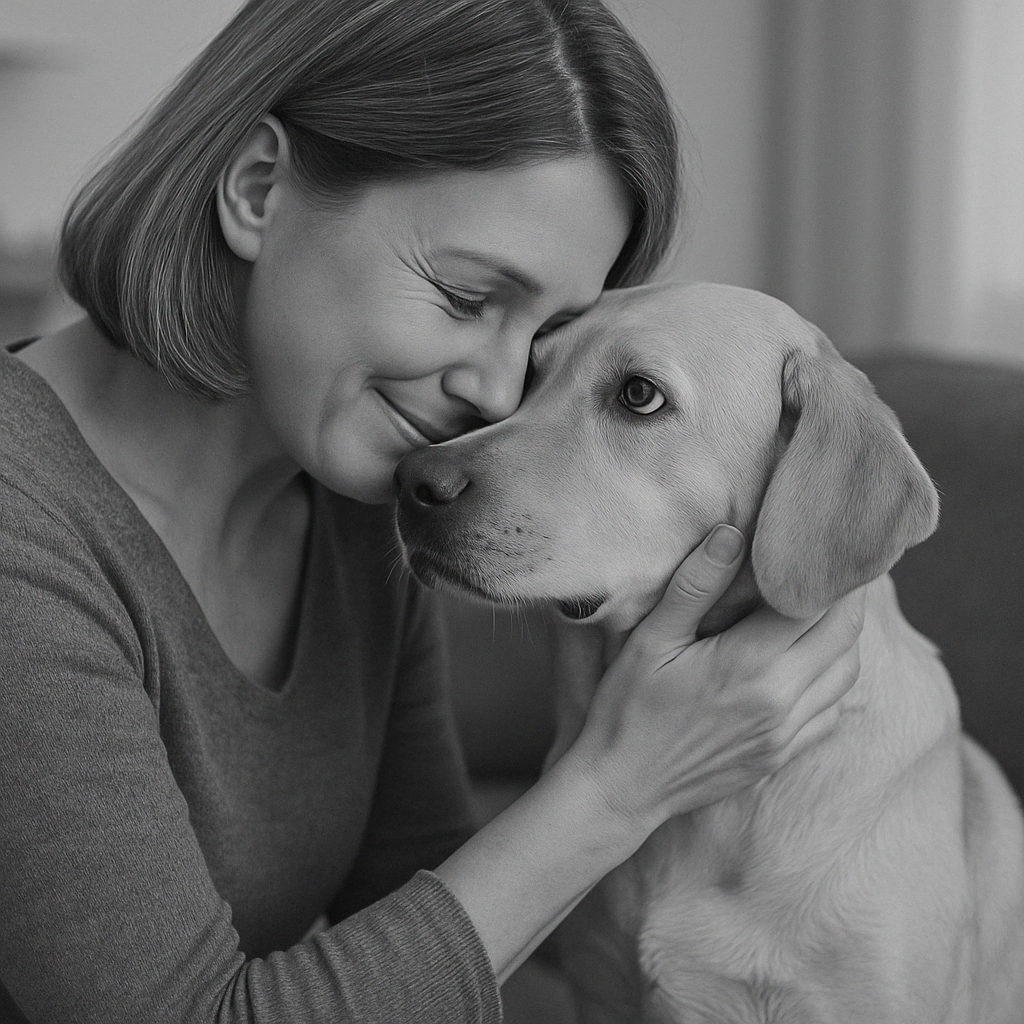Our pets are more than animals—they are companions, confidants, and family. Yet, despite their importance in our lives, many people overlook pets in their estate plans. This omission can lead to uncertainty and distress for the animals left behind. In one notable case in New South Wales, a dog named Rocky was left without a home for over two months after his elderly owner passed away unexpectedly—simply because there were no written instructions or nominated caregiver in place. Including pets in your estate plan ensures their continued care and provides peace of mind, knowing that they will be looked after just as you intended.
Under Australian law, pets are classified as personal property. This legal reality means that, like furniture or a vehicle, pets cannot directly inherit assets or be considered legal persons. The law does not recognise the emotional or familial bond between humans and animals when distributing an estate unless explicit directions are made in a will or estate document. According to the RSPCA, over 15,000 animals are surrendered to shelters each year in Australia, with a portion resulting from deceased owners who did not make proper arrangements. To avoid this risk, it’s critical to proactively incorporate pet care provisions into your estate planning.
A pet trust is a legal tool that allows pet owners to set aside funds and provide detailed care instructions for their animals. Though more common in the United States, pet trusts are increasingly being adopted in Australia under the umbrella of testamentary discretionary trusts or informal arrangements via wills.
As part of your estate planning, you can:
- Allocate a specific amount of money for veterinary care, food, grooming, and other needs.
- Appoint a caregiver who will physically care for the pet.
One high-profile example includes the late fashion designer Karl Lagerfeld, who famously set up provisions for his cat, Choupette, rumoured to have inherited a portion of his multimillion-euro estate via a trust structure. While most pet owners may not have such vast estates, even modest arrangements can ensure a beloved pet continues to receive high-quality care.
Choosing the right guardian is perhaps the most personal and critical step. Ideally, this person should already have a bond with your pet. During the planning process, ask yourself:
- Is this person willing to care for my pet long-term?
- Do they have the financial and emotional resources to do so?
- Are they familiar with the pet’s habits, medical needs, and routines?
Include a backup caregiver in case your first choice is unavailable. Melbourne resident Tanya McCabe named her sister as the guardian of her two cats, Charlie and Smudge, only to later learn her sister had developed a severe allergy. Because she had listed her neighbour as a fallback caregiver in her will, her pets were seamlessly transferred to a loving, capable home.
LifeDocs is here to help make this process easy, affordable, and accessible. Our platform provides:
- Customised wills and enduring powers of attorney.
- Flexibility to revise documents as your circumstances or preferences change.
LifeDocs ensures that your wishes are clearly expressed and legally binding, giving you the confidence that your furry family members will continue to be cherished.
Planning for your pets is a loving and responsible act. It’s a reflection of the bond you share and the peace of mind you want to leave behind. With organisations like LifeDocs making it easier than ever to include pets in your estate plan, there’s no reason to leave their future to chance. As pet ownership continues to rise—60% of Australian households now own a pet, and therefore, it’s never been more relevant to ensure our pets are protected by the law and loved beyond our lifetime.



